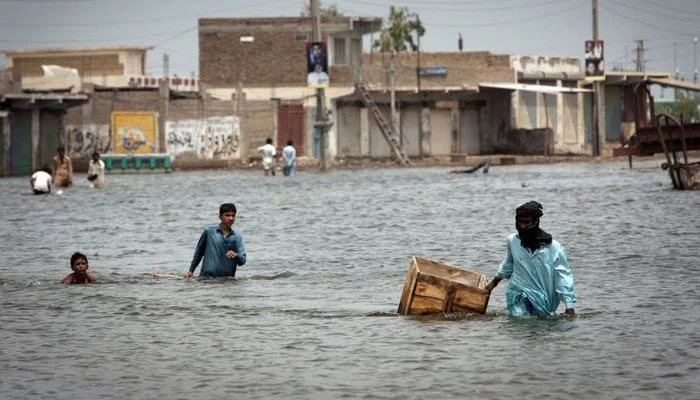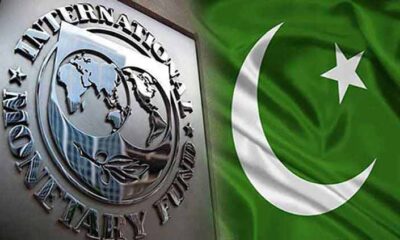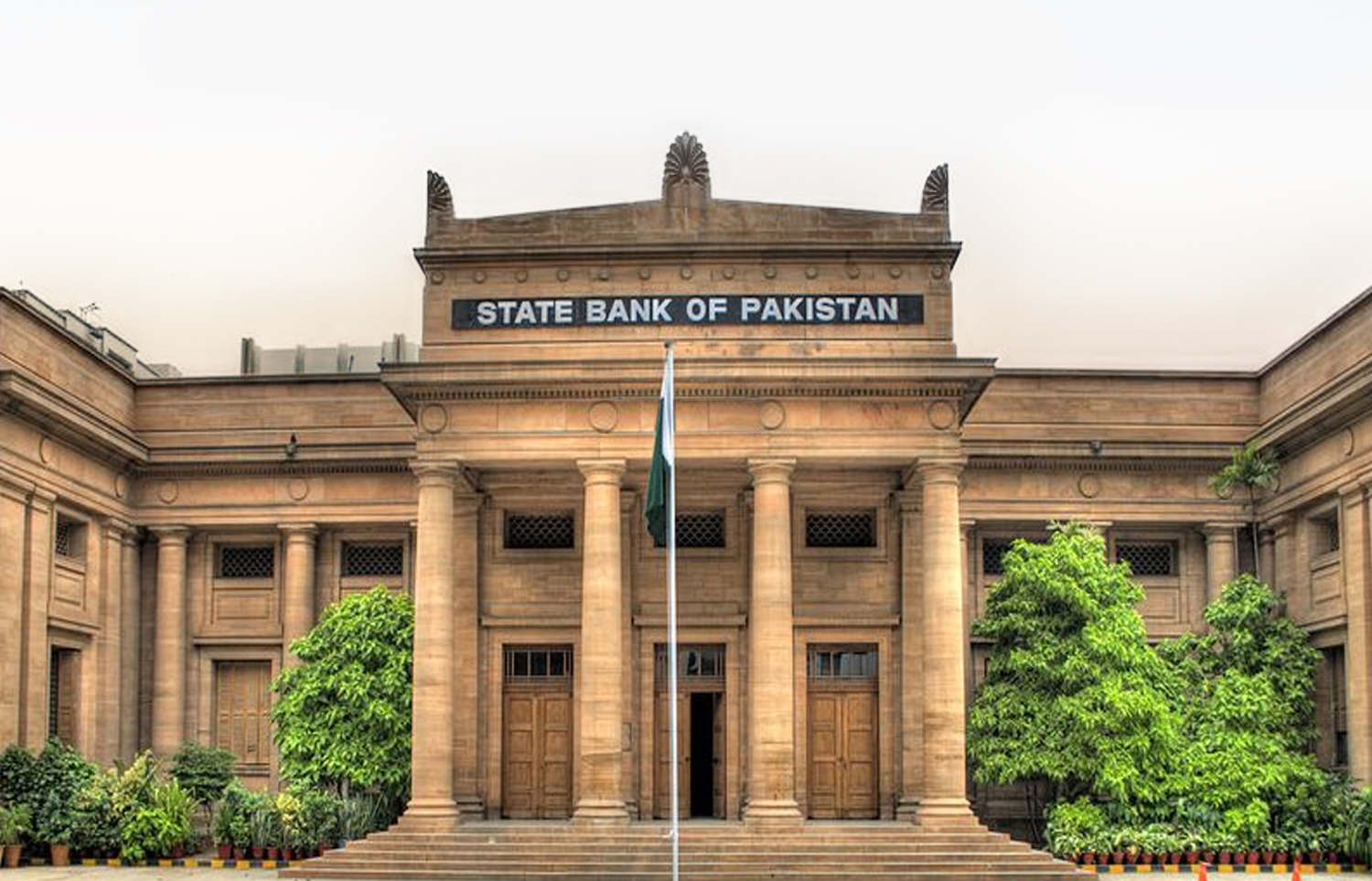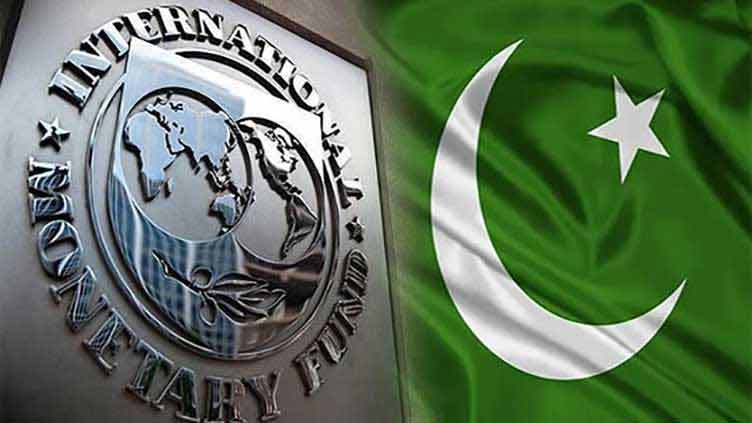Business
Economic loss from floods in Pakistan reaches $18b
-

 Latest News10 hours ago
Latest News10 hours agoIn KP rain-related incidents, ten people died.
-

 Latest News11 hours ago
Latest News11 hours agoPunjab takes action against factories that generate smoke.
-

 Latest News9 hours ago
Latest News9 hours agoThe green colour of WhatsApp ‘angers’ some users.
-

 Latest News9 hours ago
Latest News9 hours agoPM Shehbaz will meet with Saudi ministers and speak at the WEF special session today.
-

 Business10 hours ago
Business10 hours agoOver 500 points are lost by PSX stocks during intraday trading.
-

 Latest News9 hours ago
Latest News9 hours agoThe nomination of Ishaq Dar as deputy prime minister raises concerns.
-

 Latest News10 hours ago
Latest News10 hours agoIn Pakistan’s 91 districts, an anti-polio campaign is launched.
-

 Business10 hours ago
Business10 hours agoDespite global tides, Pakistan’s economy is recovering, according to Governor SBP





















